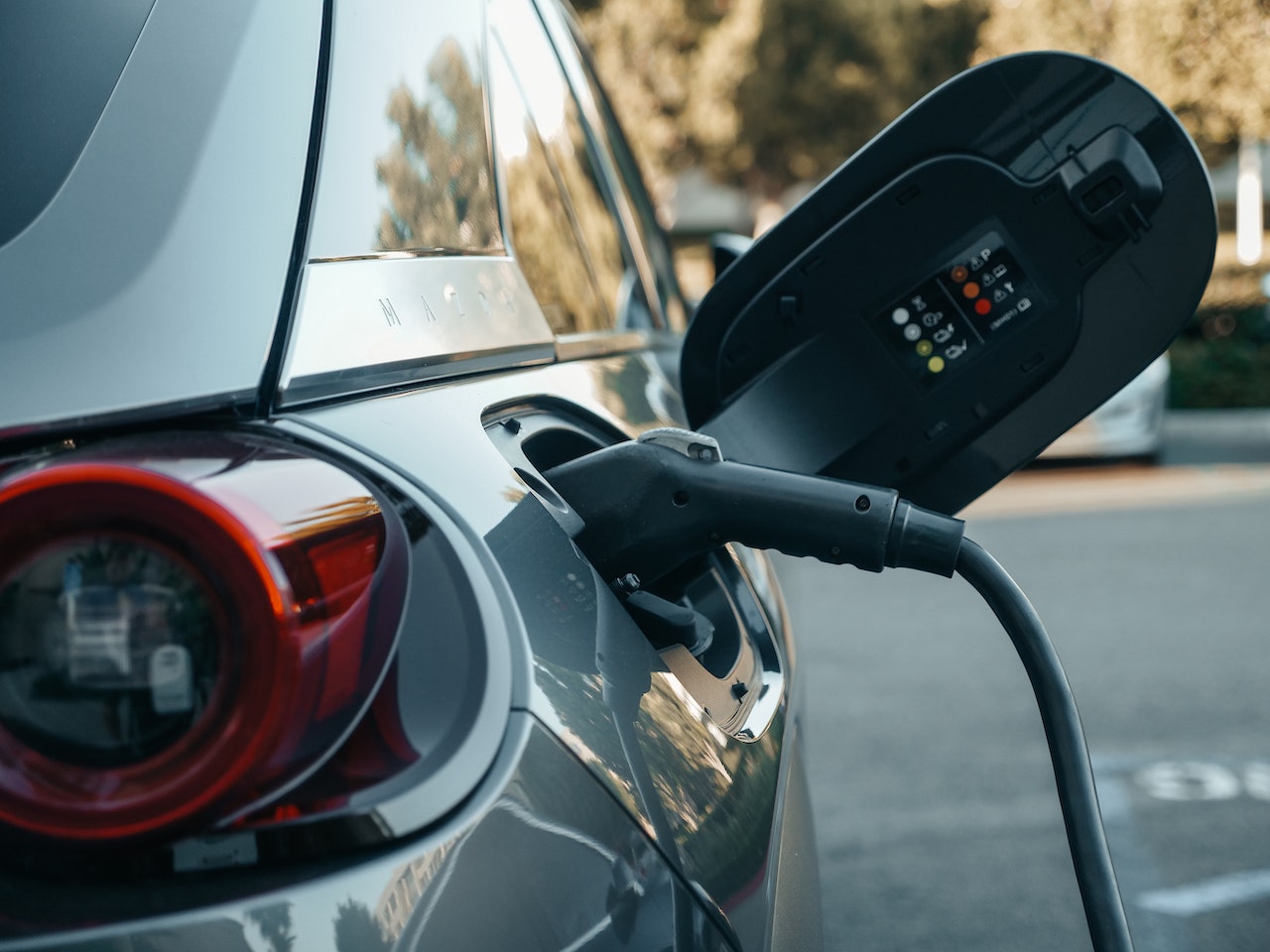Are Hybrid or Electric Cars Better for the Environment?
In almost all cases, an EV is considerably greener and more sustainable, with a lower carbon footprint than a PHEV. Some automotive experts believe PHEVs are actually worse for the environment than traditional petrol or diesel alternatives.
To find out how much an electric car charge point will cost, fill out the form below and we'll connect you with reputable EV charger installers in your area - for free! Compare no-obligation quotes:
Hybrid cars have been around longer than 100% electric vehicles (EVs) – they use a combination of conventional fuel and electricity to run a dual engine and motor. Plug-in hybrids (PHEVs) are a popular middle ground between fuelled cars and those entirely reliant on electricity, but their eco-friendly credentials are up for debate.
Choosing Between an Electric, Hybrid or Fuelled Car
The downside to an EV is that the car will have a limited range. Depending on the engine size, you might be able to travel up to roughly 300 miles in a higher-end EV – but you would have to find somewhere to stop and charge your car for longer journeys.
PHEVs have the benefit of dual fuel, so drivers use electricity for the first part of their journey and switch over to the fuel tank when the electric battery is out of power.
Depending on where you live, it is also difficult to charge an EV regularly if there isn't an established charging infrastructure in the area.
There are around 36,000 public charging points in the UK, spread across 21,400 charging locations, but there may be few options in your area, particularly if you live somewhere more remote.
Compare EV Charger Costs
Compare installer costs in your area today and save £££
The Environmental Impact of EVs and PHEVs
EVs are undoubtedly greener than hybrids because they produce fewer pollutants and greenhouse gas emissions both to drive, run and manufacture.
Only around 5% of hybrid transportation worldwide is greener than electricity-fuelled vehicles, which applies to regions where electricity is not primarily generated through coal.
The International Council on Clean Transportation researched the comparable environmental impacts in 2020 and found that most PHEVs are used for urban driving and consume fuel once the electricity capacity has been exhausted.
It also found that most hybrid drivers do not tend to charge their vehicles regularly, with the convenience of relying on the fossil-fuel-powered engine – which means that energy and fuel efficiency opportunities are lost.
In real-world usage, PHEVs only use the electric motor around half the time they are intended to, with CO emissions of between two and four times higher than anticipated and permitted through regulations.
Other data indicates that a plug-in hybrid produces around 2.5 times more CO2 than tests show because owners' driving habits do not reflect the best-case scenario.
That relies on drivers using the electric motor as much as possible and using the fuelled engine only when necessary.
This opinion is supported by the Transport and Environment 2020 study, which found that heavier, bulkier PHEVs use more fuel per mile than the average older car, making hybrids potentially more hazardous for the environment than the carbon footprint of petrol or diesel models.
Costs of PHEVs vs EVs
As with many low-carbon emission products, EVs can cost more than conventional vehicles because of the costs associated with manufacturing electrical components, more complex battery systems, and ongoing car maintenance.
EVs are, however, usually cheaper to run than any other vehicle, particularly with an expanding public charging network and new electricity tariffs designed to encourage homeowners to charge their EV overnight outside of peak hours.
Maintenance costs for EVs are also lower than for a PHEV because there is only one electric motor to service, rather than a smaller electric motor alongside an engine.
EVs perform better for fuel economy, on average achieving a price around 30% cheaper per mile covered when comparing combined fuel and electricity costs on the same distance travelled.
Therefore, if you are debating between a PHEV and an EV on environmental or cost considerations, an EV is a better bet – even if the vehicle costs more to purchase, it is more affordable and economical in the long term.
Although electricity costs are rising, they remain cheaper than petrol or diesel, because gas has also increased in wholesale prices.
The Future of PHEVs
PHEVs will likely be seen as the bridge between fuelled cars and fully electric vehicles. Still, they may have been an important stepping stone to demonstrate that electric motors can work reliably and effectively.
Automotive manufacturers are increasingly focused on 100% electric motors, with the government ban on petrol or diesel car sales (for new vehicles) due to come into effect in 2030.
While drivers can still own and operate fuelled vehicles, they will no longer be able to purchase these new from a showroom, and emissions standards are becoming stricter.
Frequently Asked Questions
Still have queries about how EVs and PHEVs stack up on environmental performance and running costs? We run through some commonly asked questions below.
How are Plug-in Hybrids and Fully Electric Vehicles Different?
PHEVs were the first incarnation of an electric vehicle available for public purchase. They are a hybrid between an EV and a conventional car, with a small electric motor and a fuelled engine.
The idea was that the driver would use the electric motor as much as possible and use the engine as backup, although in real-world driving, this seems to have worked the other way around.
Is a PHEV More Environmentally Friendly Than a Fuelled Car?
The jury is somewhat out, and several studies have found that despite the greener credentials of the electric motor within a PHEV, the way these are driven means that they are worse for the ecosystem than a petrol or diesel alternative.
PHEVS tends to be heavier than conventional cars, which means they provide higher greenhouse emissions during manufacturing and when driven with fuel.
Do EVs Last Longer Than PHEVs?
EV technology has advanced considerably over the last few years, and most newly sold cars are expected to last roughly 20 years or 500,000 miles – although a lot depends on the quality of the vehicle and the manufacturer.
Earlier PHEVs were anticipated to last for 200,000 miles or up to approximately 15 years.
Compare EV Charger Costs
Compare installer costs in your area today and save £££


